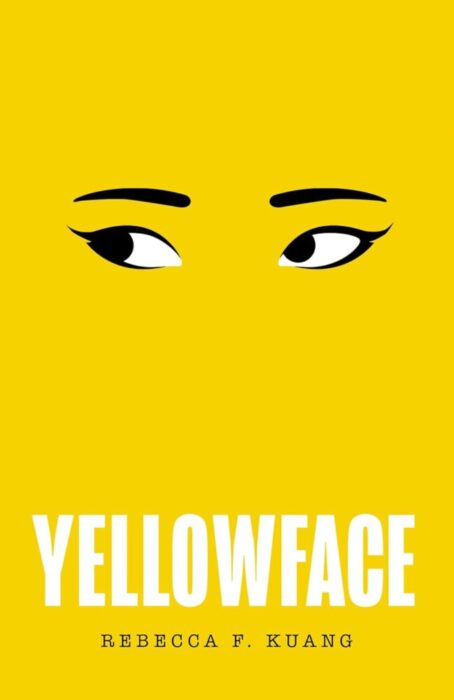
There are no reviews yet. Be the first one to write one.
R.F. Kuang’s Yellowface is a brilliant blend of cynical satire that pulls readers into the gritty, morally dubious world of publishing, fame, and media. With a thriller-like pace, it centres on Juniper Hayward, a struggling writer who suddenly finds herself in the limelight after an act of betrayal: she steals the manuscript of her late friend and rival, Athena Liu. This plunge into stolen success and its fallout captures both the allure and the ugliness of fame, raising profound questions about who truly has the right to tell certain stories.
The narrative's strength lies in its ability to make readers feel torn about Juniper. On one hand, she’s deeply flawed, making terrible decisions with almost sociopathic denial of their impact. Yet, Kuang’s characterization is nuanced enough that, even as we’re appalled by Juniper’s choices, we’re drawn into her desperation to maintain her unearned fame, clinging to every bit of attention and validation as her life begins to spiral. Surprisingly, I found myself rooting for her—hoping she’d evade consequences just long enough to see what outrageous turn would come next. Juniper’s complexity lies in her complete lack of self-awareness; she is simultaneously the antagonist and protagonist - clever.
Juniper’s theft of Athena’s work brings an edge to the narrative, placing Yellowface somewhere between a psychological thriller and a modern satire. The way she twists her actions to justify her claim over stories that aren’t hers—stories rooted in Chinese history, a perspective she could never truly embody—sparks uncomfortable yet important discussions about cultural appropriation, authorship, and entitlement. Kuang presents the complexities on both sides: Juniper’s conviction that she has the “right” to tell Athena’s story, and the publishing industry's opportunistic willingness to exploit diverse narratives without proper acknowledgment or respect. These themes, interwoven with moments of intense moral ambiguity, allow Kuang’s voice to shine powerfully, exploring who is deemed “worthy” to tell stories and at what cost.
The cast of supporting characters adds layers to the plot, each one possessing glaring flaws that amplify the novel’s satirical tone. No one in Juniper’s world is wholly admirable, adding to the overall sense of disillusionment Kuang crafts around fame and literary success. The social media fallout Juniper faces, coupled with her deteriorating mental state, is both fascinating and chilling, underscoring the pressures of maintaining an image in a hyper-critical, often racially charged industry.
Ultimately, Yellowface took me on an emotional rollercoaster—anger, anxiety, anticipation, and even reluctant sympathy. Kuang’s sharp, thought-provoking narrative not only kept me on the edge of my seat but left me pondering long after. This novel is not just a critique of publishing; it’s an unflinching look at ambition, privilege, and the morally ambiguous paths some will take to achieve success. Highly recommended for anyone intrigued by the darker side of storytelling and the precarious ethics of who gets to tell which tales.
You must be logged in to submit a review.